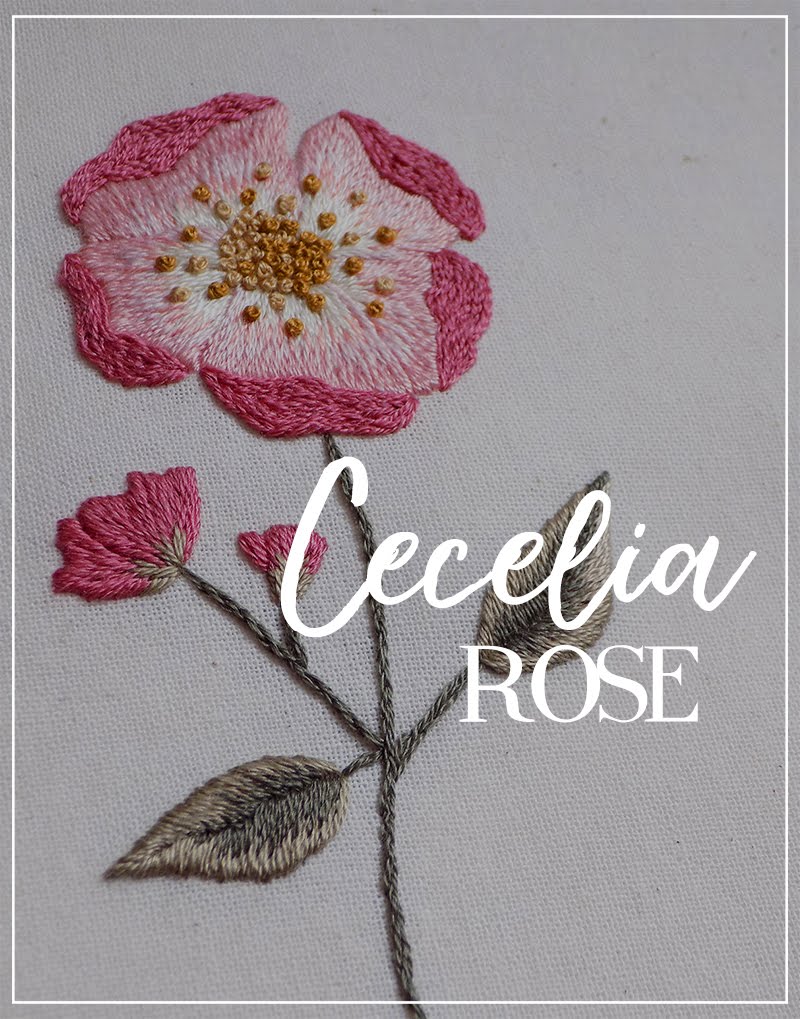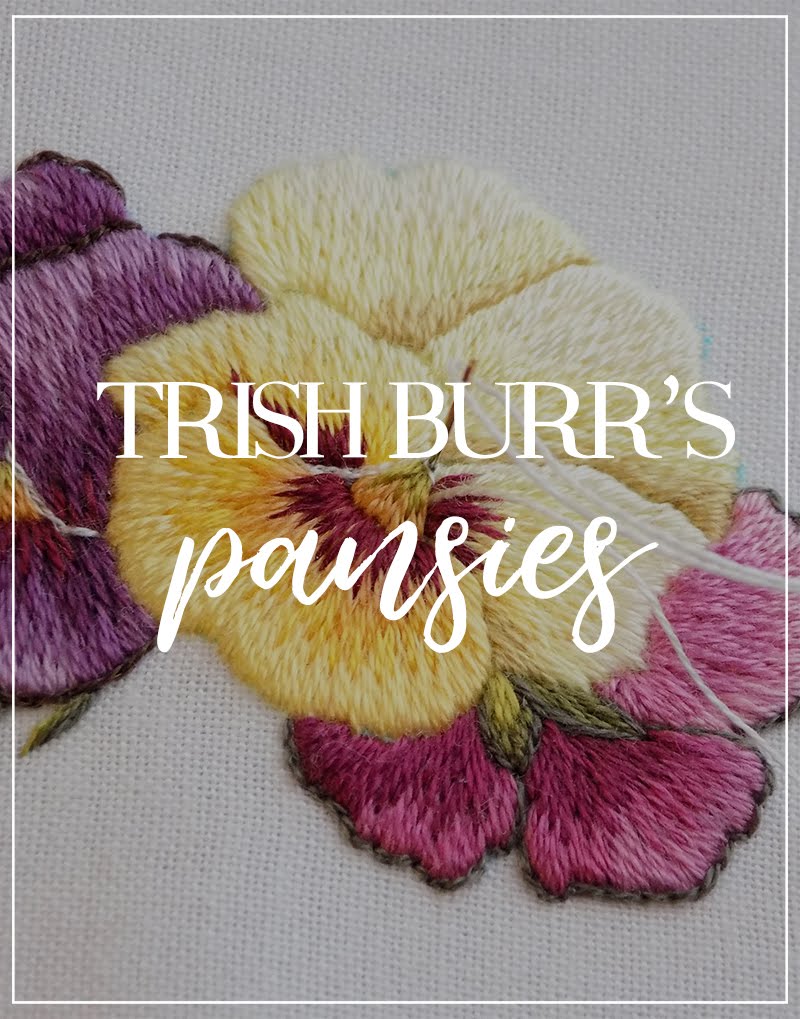What you need to know:
The course is practice-oriented. I do
stop at materials and instruments matter, but I don’t go in too
deep there and don’t repeat encyclopedia knowledge. Only practical
information which you need to get started.
The course consists of 4 Modules!
Module 1: Learning about materials and
instruments, how to start and end thread and some general tips
relevant for hand embroidery. I'm not going in too deep here, no
story-telling and no reciting encyclopedias. Just all the necessary
information for you to start - what kinds of fabric and needles you
need and how to get started.
Module 2: We will talk about 5 main
tips for successful long and short stitching and then take a look at
the common beginners' mistakes, solutions to which you will find in
the previous video about the tips. You might be surprised at the
order and why I didn't start with mistakes. But I want you to work
the exercise first being mindful of any confusion that you have so
that in the next video, when we talk about mistakes, you could
recognize your potential problems.
Module 3: Heavy practice here. We work
8 shapes in total, each time taking it a little step up and bringing
a new challenge to the table. We will learn about specifics of
blending, try different outlines and see if you need them at all, try
various direction of stitching and also learn fluffy effect in the
end! The last exercise in this module is about extra stitches that
you might need in needlepainting: stem stitch, satin stitch, french
knots, bullion knot etc.
Module 4: The part where you get to put
in practical use everything you've learned before as we work a
beautiful Peony flower. You will get a PDF pattern with marked
direction of stitches and color placement, but minimal instructions.
Instead, you have 90+ minutes-long video material covering each step!
You can preview the full Curriculum
here.
Who is this course for?
For all beginners in hand embroidery
and needlepainting in particular.
If you’ve never held a needle in your
hand before, it may be a little challenging for you at first, but I
genuinely think it would a nice way to start your embroidery journey,
especially if you’re attracted to this style of stitching.
If you’re intermediate level in hand
embroidery but still struggling with long and short stitching and
look at others’ works with heavy sighs - this course is for you
too ;)
Pros and Cons
The disadvantage of this course which
I’m conscious about is exactly that I’m not stopping for a long
time on the topic of fabrics and needles and the information I give
in this particular segment can seem too dry to some.
But, honestly speaking, I’m that kind
of person who thinks that it is better for you to figure it all out
yourself, haha. With time you will find that you gravitate towards
this fabric, this type of needle and that extra instrument. I see as
my job to give you a list of possible options, warn you against what
you need to avoid and tell you the main criteria of choice. And that
is what I do in this course.
The advantage of this course, however,
is that I practically lay out the whole “kitchen” of long and
short stitching in front of you.
You will learn the main secrets of long
and short stitching. Then we will look at common mistakes and if you
recognize anything, you will find all the solutions among the tips.
Next, we work 8 shapes in total, each
time learning something new. You will have detailed videos with
minimal time skips, you will have texts and diagrams as well.
Everything you need to complete each exercise.
Lastly, you will be able to consolidate
everything you’ve learned before by working Peony :)
So, go to the Course page, watch the
promo video, see the Curriculum yourself and enroll!
If you have any questions about the
course, ask in the comments, or through the Contact page!













Hi - Do you know how many hours of instruction there are in the course?
ReplyDeleteApproximately 7 hours ( 1.5 hours is for the final project)
Delete